Podcast: Play in new window | Download (Duration: 30:41 — 21.3MB) | Embed
Subscribe: Apple Podcasts | Spotify | Amazon Music | Android | Pandora | iHeartRadio | JioSaavn | Podchaser | Gaana | Podcast Index | Email | TuneIn | Deezer | Anghami | RSS | More
Episode 11 – The Gospel of Luke – Chapter 5 Part 1
“Let Your Nets Down for a Catch”
Duc in altum.” Put out into the deep water. These are the words that Jesus used to invite Peter to become his disciple. The call of Peter and the other fisherman disciples (Andrew, James and John) took place on the Lake of Gennesaret. Known also as the Sea of Galilee, this important fresh water lake was the location of many important events in Jesus’ ministry. Tiberius Caesar later renamed the lake and adjacent town after himself. The northern and eastern borders of the Sea of Galilee is the modern day Golan Heights, which is the Israeli occupied border zone between Israel and the surrounding countries of Syria, Lebanon and Jordan. Within the Golan Heights is the Mount Hermon mountain range, and at its base is found Caesarea Philipi, named after Herod Philip, the tetrarch of this region during the time of Christ. Caesarea Philipi is an imposing rock wall, into which was built a temple to the pagan god Pan. At the base of the rock was a deep hole named the Gates of Hades and from this hole flowed the headwaters of the Jordan River. With the Gates of Hades and the temple of Pan as a backdrop, Jesus declared that Peter would be THEE rock upon which He would build His church and the Gates of Hades would not prevail against it.
Many other important events occurred on or near the Sea of Galilee: Jesus walked on the water (Matthew 14:22-36; Mark 6:45-56; John 6:16-24); Jesus calmed a storm (Matthew 8:23-27, Mark 4:35-41, and Luke 8:22-25); a miraculous catch of fish (Luke 5:1-11, John 21:1-6); the sermon on the Mount of Beatitudes (Matthew 5-7); the appearance of Jesus to his disciples after the resurrection and Peter’s reinstatement (John 21).
In Luke 5:4, Jesus told Peter to “Put out into the deep water and let down your nets for a catch.” Already fatigued from a long night of fruitless fishing, Peter obeyed this request despite knowing that catching fish in deep water during the middle of the day would likely fail. However, Peter and his partners caught more fish than their nets could hold, threatening to sink their two boats. The Church Fathers saw the two boats as representing the Jews and the Gentiles: Jesus came for all. Fully aware that he was in the presence of God, Peter fell to his knees, begging the Lord to leave. Peter was painfully aware of his sinful nature, yet the Lord chose this sinful man to lead his Church. Jesus told Peter, “Do not be afraid.” These words not only echoed the words of Gabriel to Mary and Zechariah, as well as the angels to the shepherd, but they also warned of an impending battle or mission. Jesus told Peter to be a fisher of men, but at Peter’s reinstatement, Jesus commanded Peter to feed and tend His sheep. Peter became the guardian of the flock, protecting it from the evil one who prowls about, looking to devour souls.
Jesus next cured a leper, who like Peter, fell to his knees in the presence of the Lord. In the Bible, leprosy is often seen as a metaphor for sin. When Jesus cured the leper, he instructed the leper to show himself to the priests, who alone could confirm the healing of the leprosy (as prescribed in Leviticus 13-14). Leprosy is contagious, putting the entire community at risk, forcing the leper to live in isolation. In the same way, sin puts others at risk, isolates us from the community and only the priest can declare a person to be free of sin.
Next Jesus cured the paralytic man, whose friends lowered him through the roof of a house to see Jesus, as the crowd kept them from entering it. The man came in need for a physical healing, yet also receiving a spiritual healing by Jesus’ forgiveness of sin. The four men who carried the paralytic represent the universal forgiveness of sin offered by Jesus.
Finally, we then learn the meaning behind the parable of the old and new wine skins. Jesus tells his followers that “no one pours new wine into old wineskins. Otherwise, the new wine will burst the skins; the wine will run out and the wineskins will be ruined. No, new wine must be poured into new wineskins.” In biblical times, the skin of a lamb was sewn to create a bag, into which grapes, yeast and sugar were placed. As the wine fermented, the supple skin could expand and contract with the gases created during the fermentation process. Over time, the skins became brittle and could burst during expansion. The old skins represent the old covenant, while the new skins represent the new covenant poured out through the Holy Spirit. This new wine of the Holy Spirit must be poured into a new creation of Christ. The new skin is like the new garment of salvation we receive at our Baptism. At Pentecost, the fire of the Holy Spirit came upon the followers of Jesus, who could understand each other despite each speaking in his native tongue, leading observers to think that they were drunk from too much wine. In reality, at Pentecost, the followers of Jesus received the “sober intoxication” of the Holy Spirit. Likewise, Jesus is calling us now to become a new creation, filled with the new wine of the Holy Spirit.
©2019 Seeking Truth Catholic Bible Study
Sharon Doran serves as the teaching director of “Seeking Truth.” An experienced Bible Study teacher, Sharon has a passion for scripture that will motivate and challenge you to immerse yourself in God’s Word and apply His message to your everyday life.
For more in this series, visit the Seeking Truth with Sharon Doran Discerning Hearts page.
 “Seeking Truth” is an in-depth Catholic Bible Study commissioned by the Archdiocese of Omaha in response to John Paul II’s call to the New Evangelization as well as Pope Benedict XVI’s exhortation for all Catholics to study scripture. To learn more, go to www.seekingtruth.net
“Seeking Truth” is an in-depth Catholic Bible Study commissioned by the Archdiocese of Omaha in response to John Paul II’s call to the New Evangelization as well as Pope Benedict XVI’s exhortation for all Catholics to study scripture. To learn more, go to www.seekingtruth.net

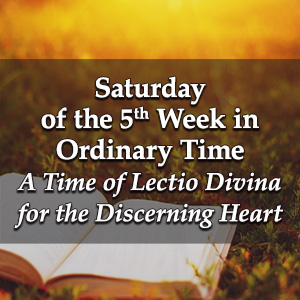 Saturday of the Fifth Week in Ordinary Time – A Time of Lectio Divina for the Discerning Heart Podcast
Saturday of the Fifth Week in Ordinary Time – A Time of Lectio Divina for the Discerning Heart Podcast

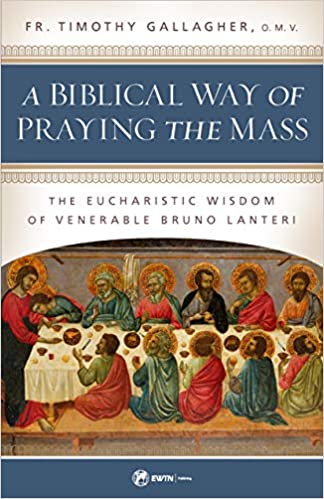
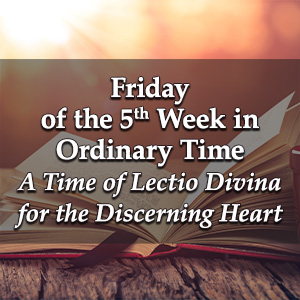 Friday of the Fifth Week in Ordinary Time – A Time of Lectio Divina for the Discerning Heart Podcast
Friday of the Fifth Week in Ordinary Time – A Time of Lectio Divina for the Discerning Heart Podcast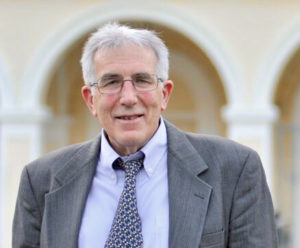
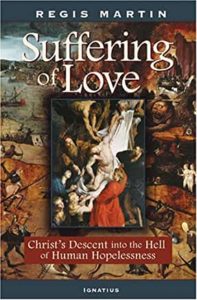
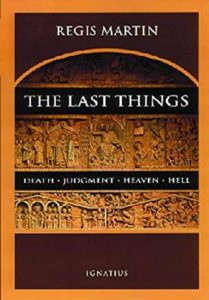
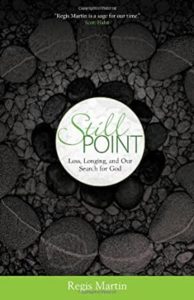
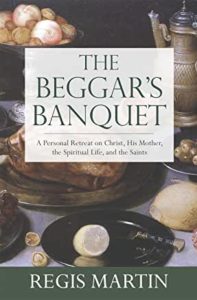

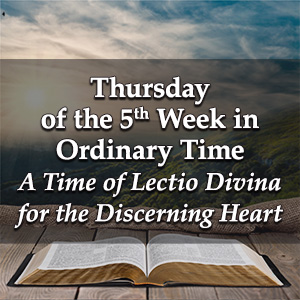 Thursday of the Fifth Week in Ordinary Time – A Time of Lectio Divina for the Discerning Heart Podcast
Thursday of the Fifth Week in Ordinary Time – A Time of Lectio Divina for the Discerning Heart Podcast
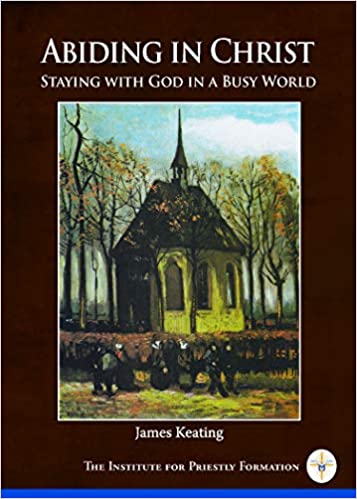
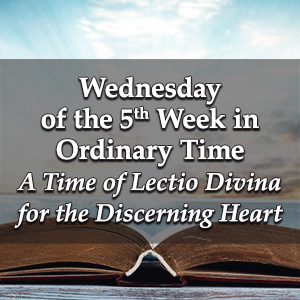 Wednesday of the Fifth Week in Ordinary Time – A Time of Lectio Divina for the Discerning Heart Podcast
Wednesday of the Fifth Week in Ordinary Time – A Time of Lectio Divina for the Discerning Heart Podcast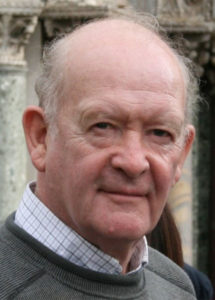
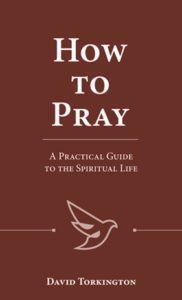
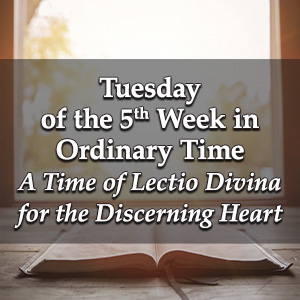 Tuesday of the Fifth Week in Ordinary Time – A Time of Lectio Divina for the Discerning Heart Podcast
Tuesday of the Fifth Week in Ordinary Time – A Time of Lectio Divina for the Discerning Heart Podcast